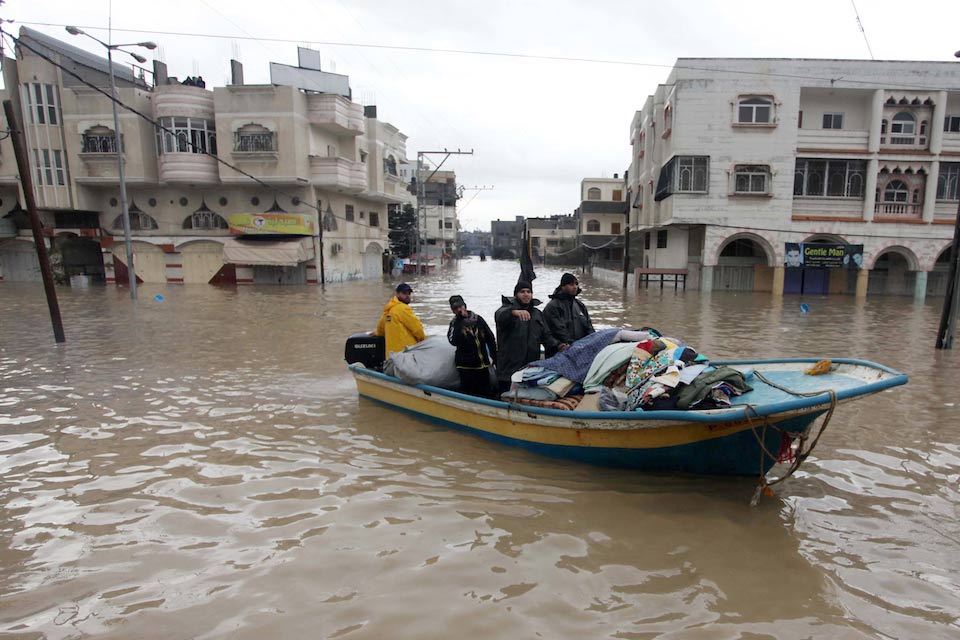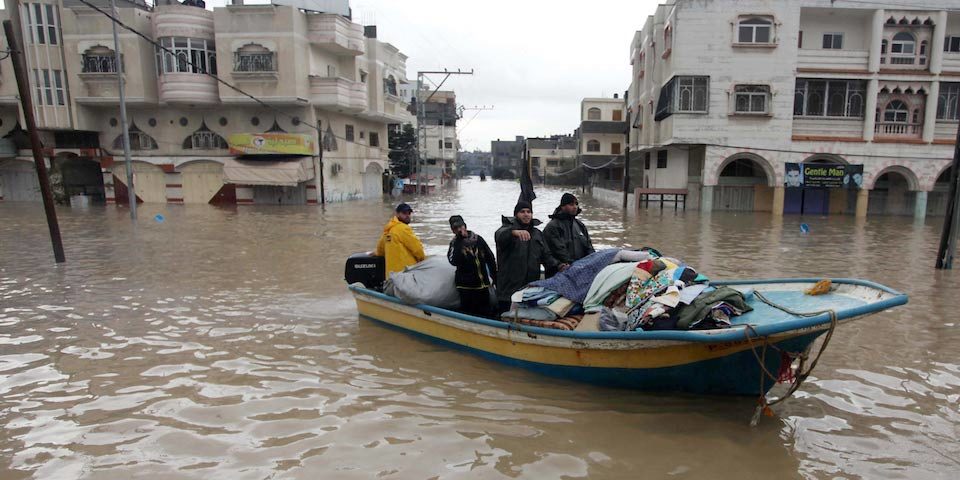The Israeli occupation has led to maladaptive policies and practices that undermine Palestinian resilience to the threat of climate change.

Climate change is among the greatest threats facing humanity. Its effects are global, wide-ranging, and distributed in a highly unequal manner. Although Palestinians and Israelis inhabit the same physical terrain, Palestinians under occupation will suffer the effects of climate change more severely. The ongoing Israeli occupation – now in its fifty-second year – prevents Palestinians from accessing resources and pursuing measures to support climate change adaptation, which is understood here as the adjustment in human or natural systems in response to the effects of climate change.
This policy brief examines the environmental and political impact of climate change on Palestine-Israel, particularly in the Occupied Palestinian Territory (OPT). It opens with an overview of climate change in the region before focusing on how the Israeli occupation increases Palestinian vulnerability to its effects through the appropriation of land and natural resources, as well as restrictions on movement. It also addresses the paradoxical role played by the Palestinian Authority (PA) in regard to the issue. The brief then examines the environmental effects of climate change, particularly concerning water and agriculture, and concludes by offering recommendations for political and practical climate change adaptation.





